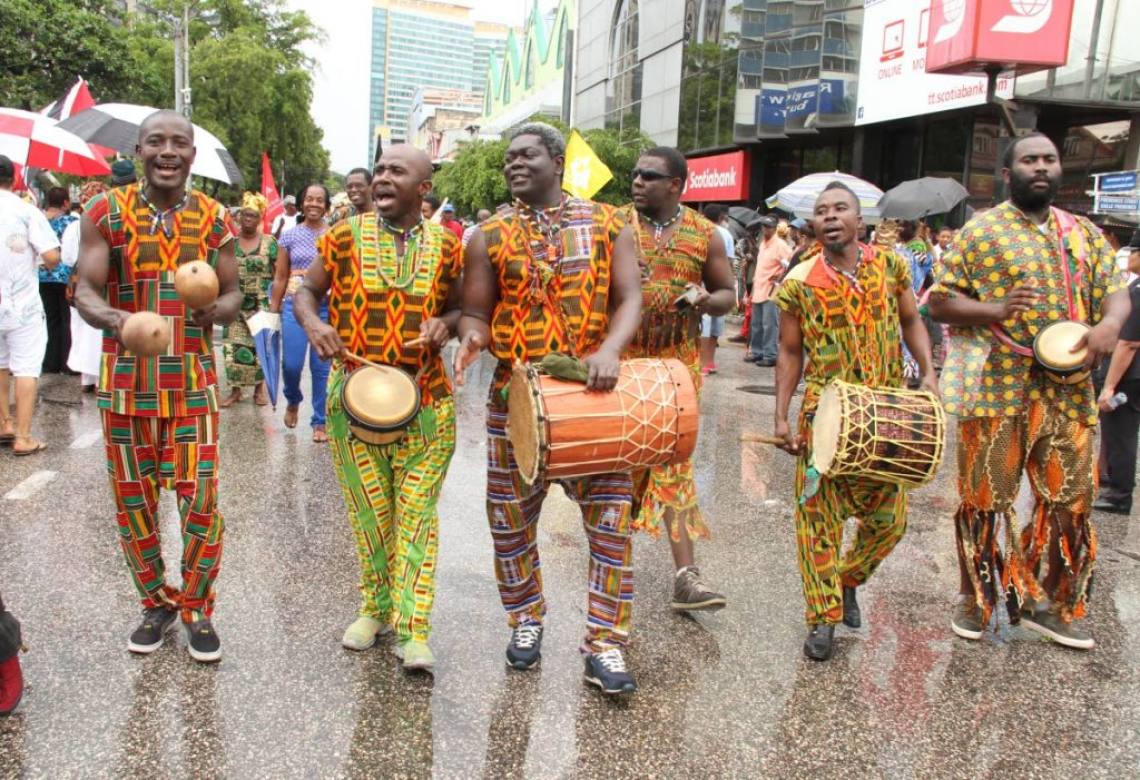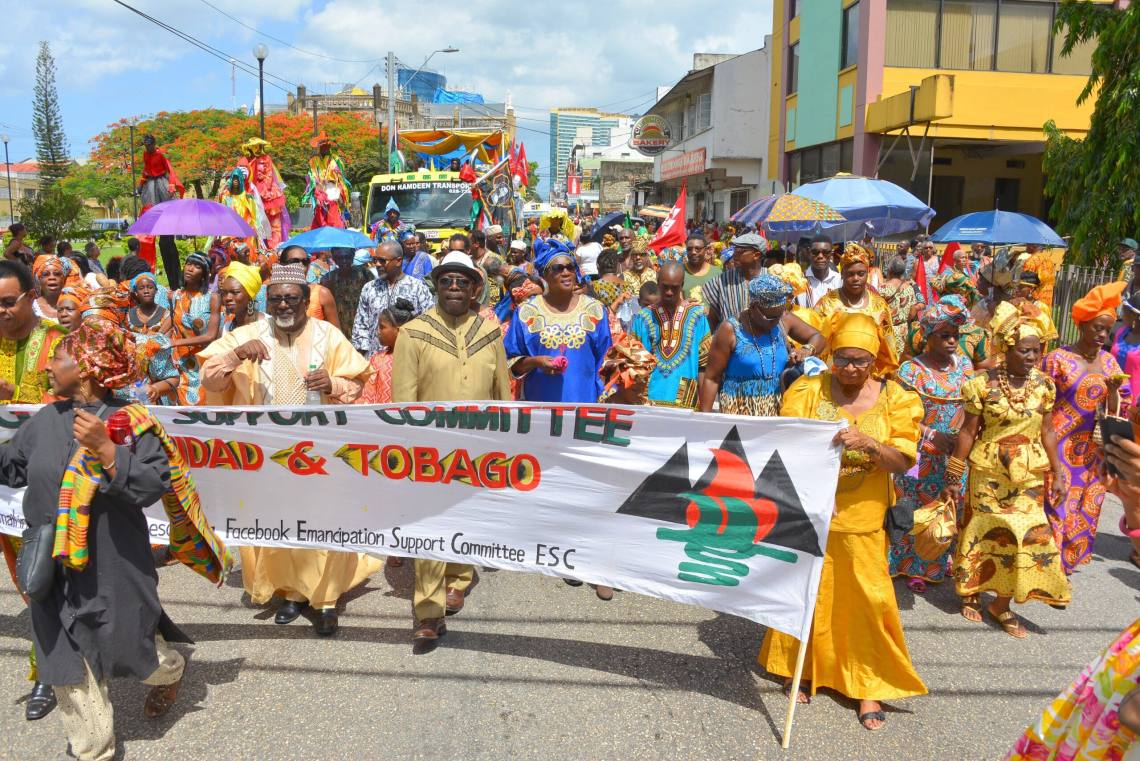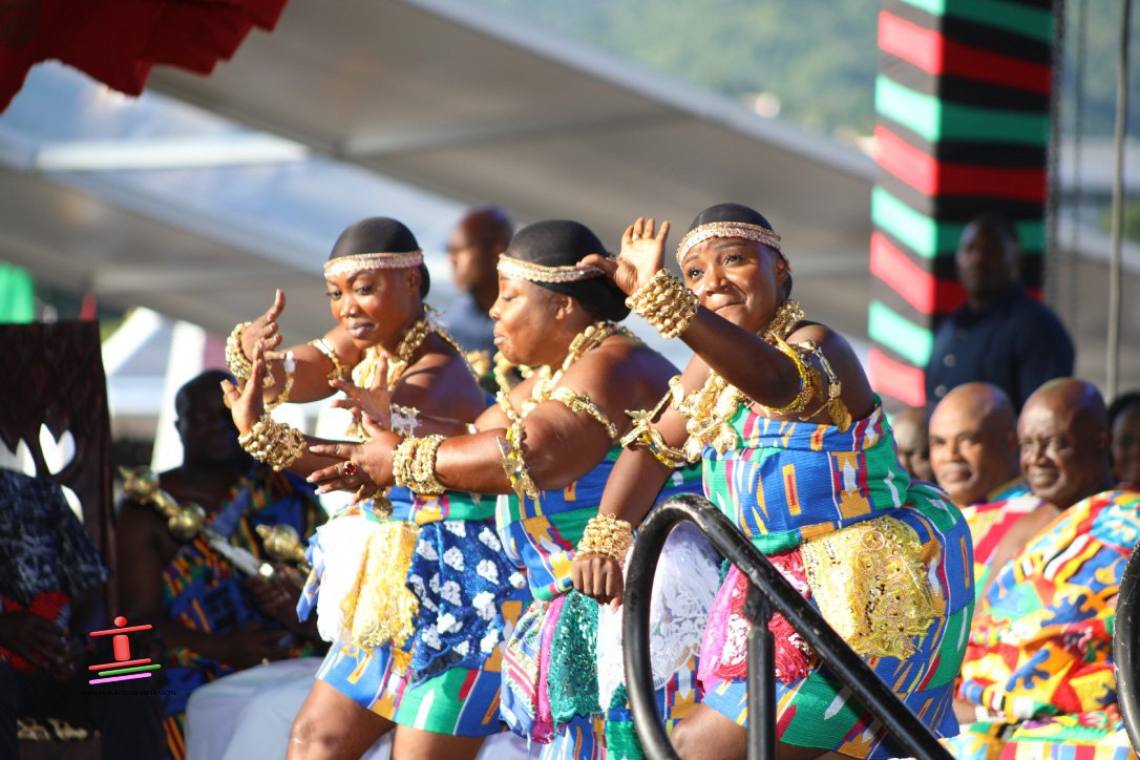Change of name to African Emancipation Day in Trinidad &Tobago
Change of name to African Emancipation Day in Trinidad &Tobago
Trinidad & Tobago Prime Minister recently announced that of this year the name of the occasion to commemorate the end of slavery will change from Emancipation Day to African Emancipation Day. Since August 1, 1985, the day is marked as a public holiday with cultural activities to celebrate this historic milestone.
Slavery began in the late 1700s with the arrival of large numbers of French immigrants from other Caribbean islands who brought with them African slaves, their way of life and agriculture of cotton, cocoa, and coffee. In 1797 the British conquered the island and sugar became the most important crop. The practice of using Africans for slave labour started late in Trinidad compared to other Caribbean islands like Jamaica, where it started in the early 16th century. Growth in the sugar industry fuelled the slave trade of Africans belonging to Yoruba, Hausa, Congo, Ibo, Rada, Mandingo, Kromanti and Temne ethnic groups. Between 1797 and 1802 the slave population of approximately 10,000 doubled and continued to grow until the slave trade was abolished in 1834.
In 1834 the Emancipation Bill passed in the British Parliament and came into effect on 1 August of that year. Under the Act only slaves under six years old were immediately free. Those over that age were obliged to serve a four-to-six-year period of apprenticeship, during which they would work 40½ hours per week without compensation. On the other hand, under the Act slave owners/planters were compensated £20,000 for the loss of their slaves.
On 1 August 1838 full freedom was granted to slaves in Trinidad and Tobago, as well as those in other British colonies. Many ex-slaves moved from plantations and set up villages, some known today as Belmont, Arouca and Laventille. There they bought or rented land and made a living b growing their own crops. Others moved to major towns, Port of Spain and San Fernando where they became artisans, craftsmen, builders, and domestic servants.
This year there will be a series of cultural events leading up to African Emancipation Day holiday. The Emancipation Village and Kamboule are among the highlights of the festivities that showcase African ancestry through music, craft, clothing and more.
For more on T&T history on slavery visit the LINK
May 2024
Copyright © Experience Jamaique. All Rights Reserved. Designed and Developed by LucraLux Marketing.








